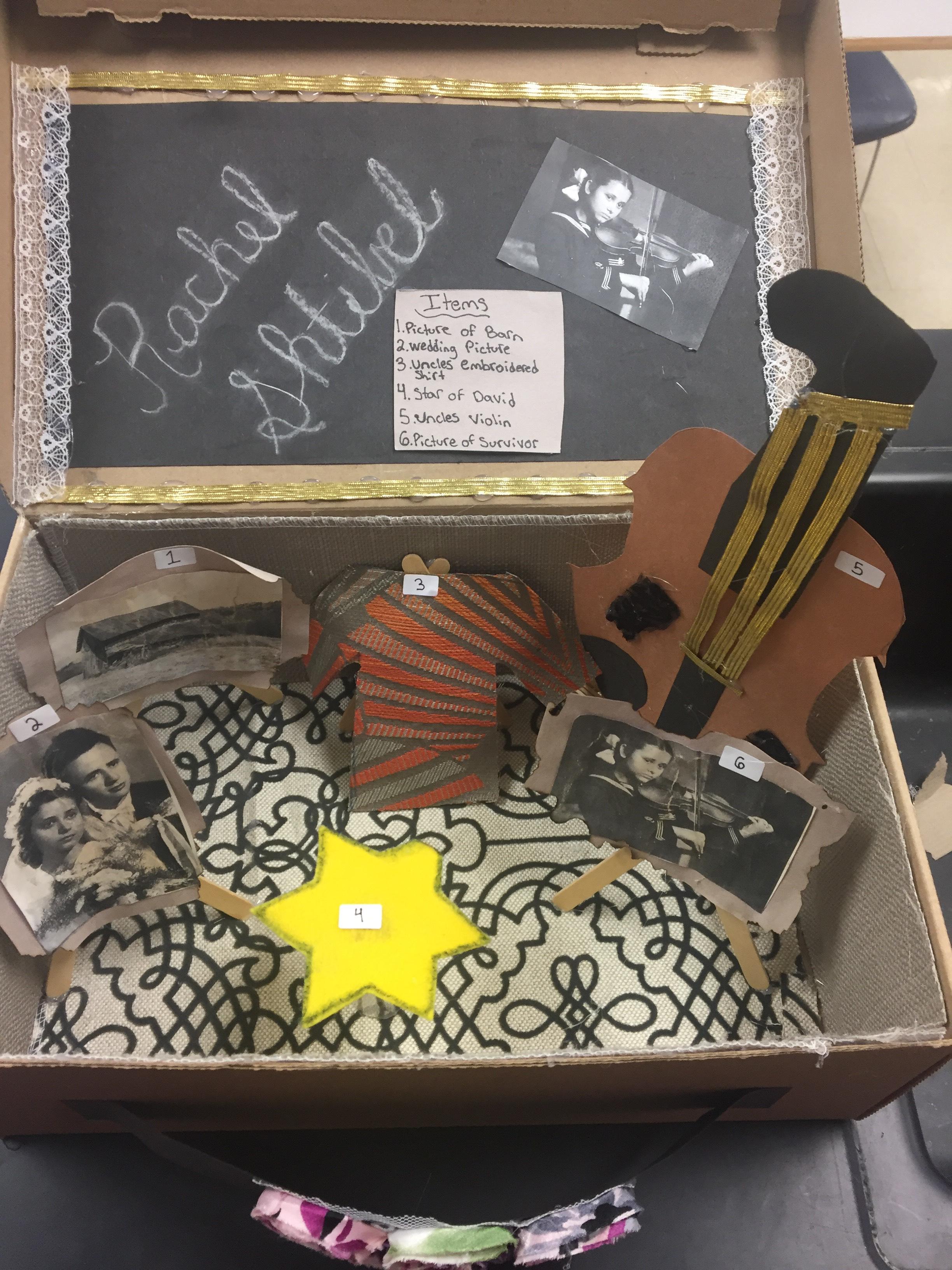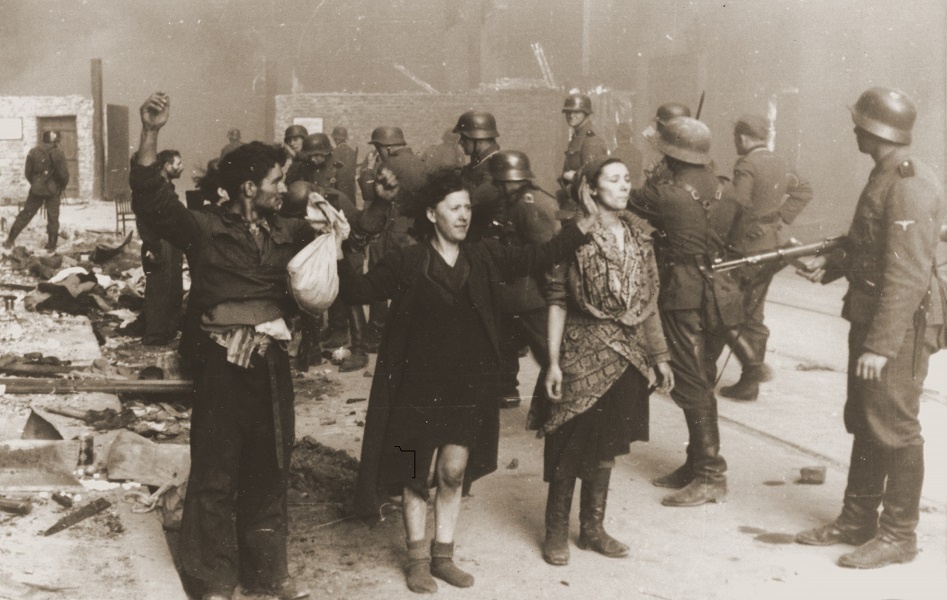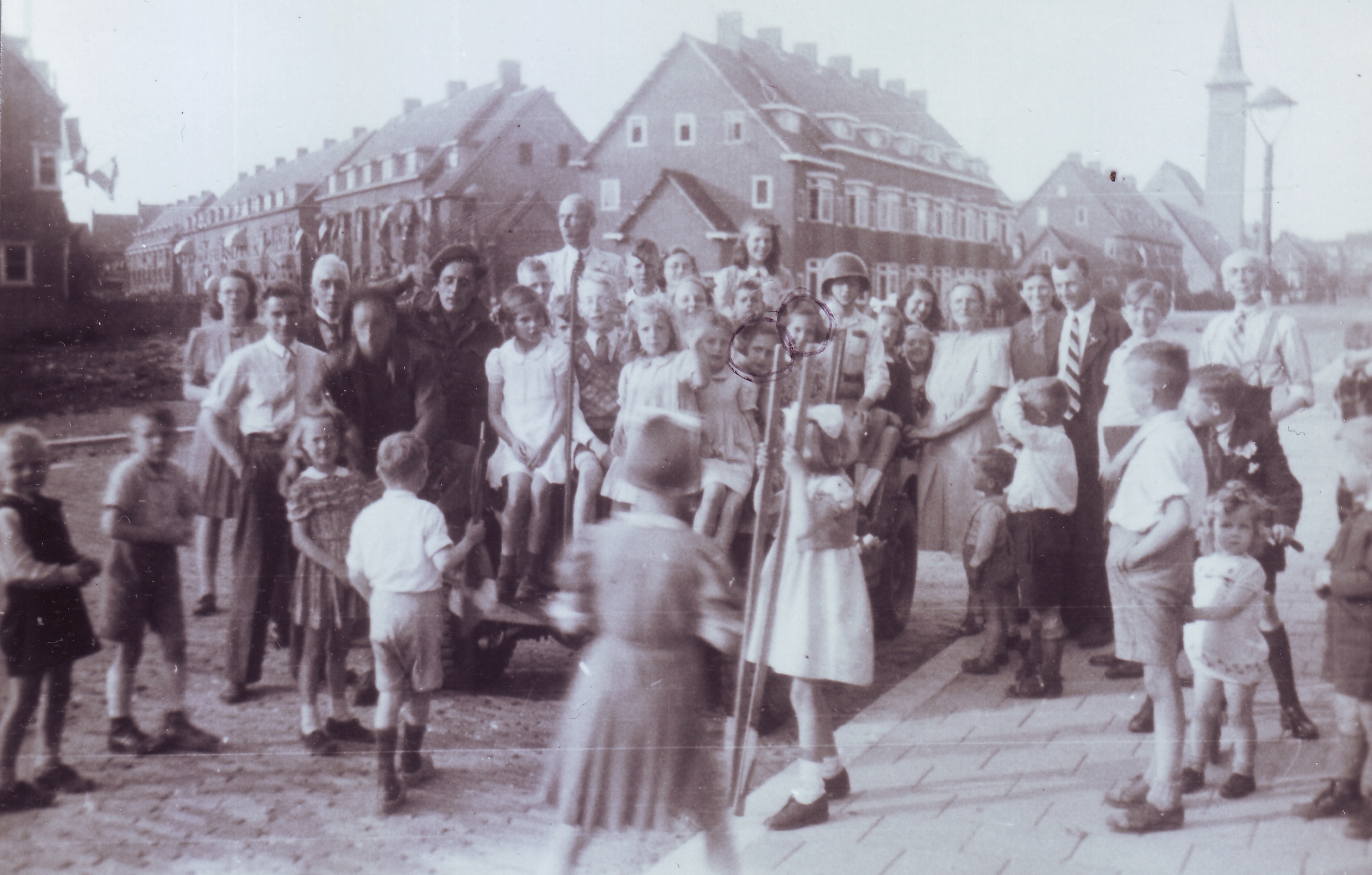This spring, Facing History and Ourselves, in partnership with the Azrieli Foundation Holocaust Survivors Memoir Program, invited 175 students from 6 schools to layer onto their learning about the history and legacies of the Holocaust, or of Canada's Residential Schools by reading Survivor memoir. Students read Theodore Fontaine’s Memoir Broken Circle: The Dark Legacy of Indian Residential Schools, or excerpts of Nate Leipciger’s Memoir The Weight of Freedom, then created pieces that reflected their understanding and responses to these testimonies, which were gifted to each Survivor.
Creating Meaningful Responses to Memoir and Engaging in Reciprocity
Posted by Alysha Groff on June 21, 2019
Topics: Toronto, Holocaust, Memoir, Facing History and Ourselves, Survivor Testimony, Canada, Residential Schools, Canadian History, Student Work, project, genocide, Holocaust and Human Behaviour, reflection, Connected Learning, Grade 10 History, HSB, CHC, difficult conversations, trc, stolen lives, facing history pedagogy, Azrieli Foundation Memoirs, Decolonizing Schools, Holocaust History in Canada, Facing Canada, cross curricular teaching and learning, collaborative inquiry
As the blog manager for Facing Canada, I have the privilege of working with many very talented, dedicated and creative teachers. There are so many teachers who come up with fantastic and meaningful projects and assessments for students that deepen learning and pique student interest. I have often been inspired by projects posted, and recently had a chance to adapt one for my own classroom that had been on my mind for awhile.
Topics: Identity, Holocaust Education, Salvaged Pages, facing history pedagogy, Azrieli Foundation Memoirs, Holocaust History in Canada, Facing Canada
A collaboration between Facing History and Ourselves and the Azrieli Foundation's Holocaust Survivor Memoirs Program, first posted on Azrieli Memoirs' Blog page.
Words referencing mass atrocities of the past, such as fascist, racist, Nazi, genocide and Holocaust, carry deep historical meaning, yet these words are often misused in reference to contemporary events. Using these words too casually not only diminishes the meaning of the words themselves, but also diminishes the events that the words represent. In this blog post, we look to remember the meaning of the term genocide and the conditions that drove a lawyer named Raphael Lemkin to coin this term to describe a horrific crime — a crime that prior to 1944 lacked a name and legal repercussions.
Topics: Survivor Testimony, genocide, Genocide and Crimes Against Humanities Course, Holocaust and Human Behaviour, Grade 10 History, Azrieli Foundation Memoirs
Meet Claire Baum: A Liberation Story to Honour Canadian Soldiers This Remembrance Day
Posted by Stephanie Corazza and Jasmine Wong on October 19, 2017
The following post is a collaboration between Facing History and Ourselves and the Azrieli Foundation’s Holocaust Survivor Memoirs Program.
Remembrance Day is an opportunity for all Canadians to consider who we choose to remember and the lessons we can learn from people with first-hand experience of war. We invite our students to think deeply about the immeasurable costs of war, to weigh the sacrifices made for freedom and to honour the memory of Canadian soldiers. We bring testimony from soldiers and their loved ones into the classroom to deepen our students’ intellectual and emotional connections to those who fought and those who died. This Remembrance Day, bring a story about liberation — its necessity and its impact — to your students. Meet Claire Baum and learn her story.
Topics: Rescue, Holocaust, Remembrance Day, Azrieli Foundation Memoirs

.jpeg)


